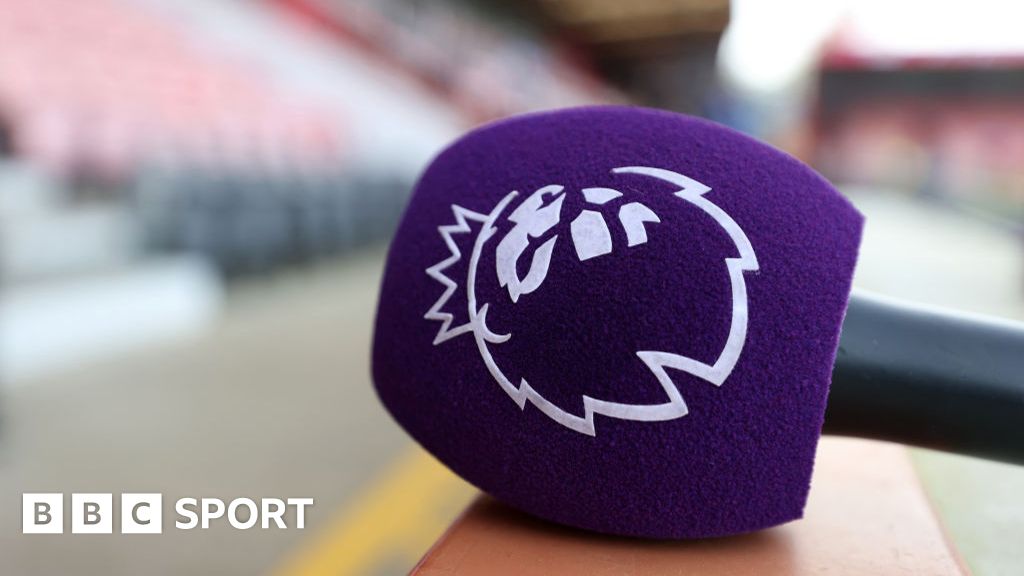The Premier League has postponed a key meeting of its clubs – originally scheduled for Thursday – that was intended to decide how to respond to last week’s verdict in the legal battle with Manchester City over rules governing commercial deals.
On Friday, chief executive Richard Masters warned clubs it was “taking the necessary time” to take stock of the ruling, and hinted at a possible delay.
BBC Sport has now been told that the meeting will instead take place early next week.
Meetings of its Financial Controls Advisory Group and Legal Advisory Group – due to take place on Wednesday – have also been delayed.
BBC Sport has been told the league hopes they will take place later this week.
Both sides claimed victory after the decision of an arbitration panel was published last Monday, following a legal challenge by City against the league’s associated party transaction (APT) regulations.
APT rules are in place to ensure sponsorship deals with companies linked to clubs’ owners represent fair market value.
City had some complaints upheld, with two aspects of the rules deemed unlawful by the tribunal.
The tribunal said low-interest shareholder loans should not be excluded from the scope of APT rules, and that changes made in February to toughen up the regulations also breached competition law.
In its initial response on Monday, the Premier League said the panel “endorsed the overall objectives, framework and decision-making of the APT system”, adding it would seek to amend its rules “quickly and effectively”.
But City then claimed the Premier League’s summary of the panel’s ruling was “misleading” and contained “several inaccuracies”, in an escalation of the dispute.
In a letter sent to top-flight clubs and the Premier League, City wrote that the rules were now “void”, that the club had “concern [over] the Premier League’s suggestion that new APT rules should be passed within the next 10 days”, and signalled possible further legal action if there was a “knee-jerk reaction”.

